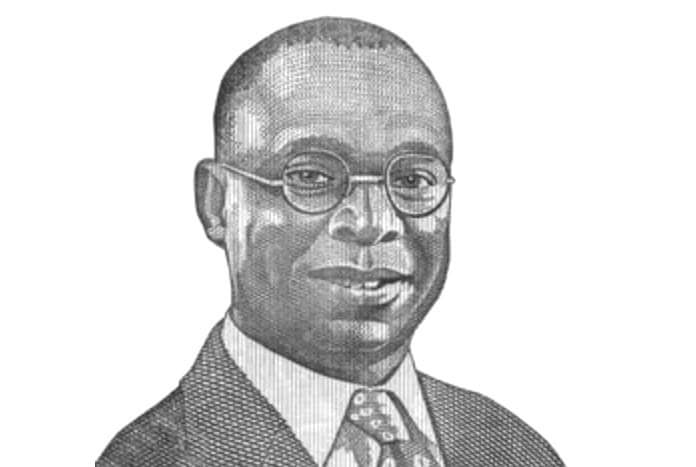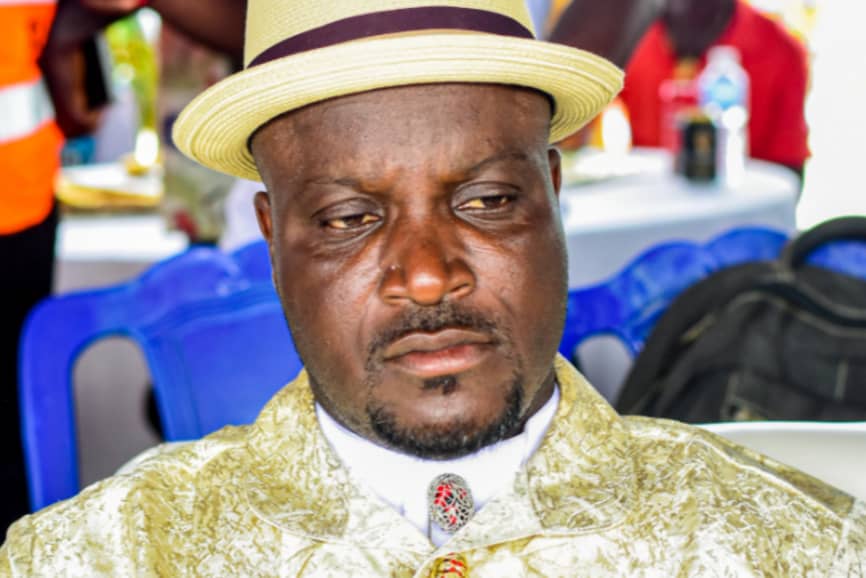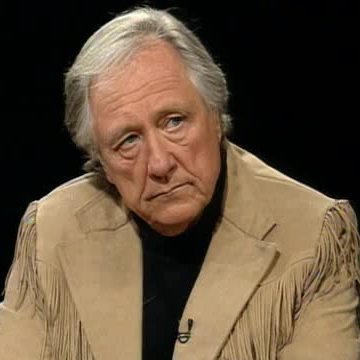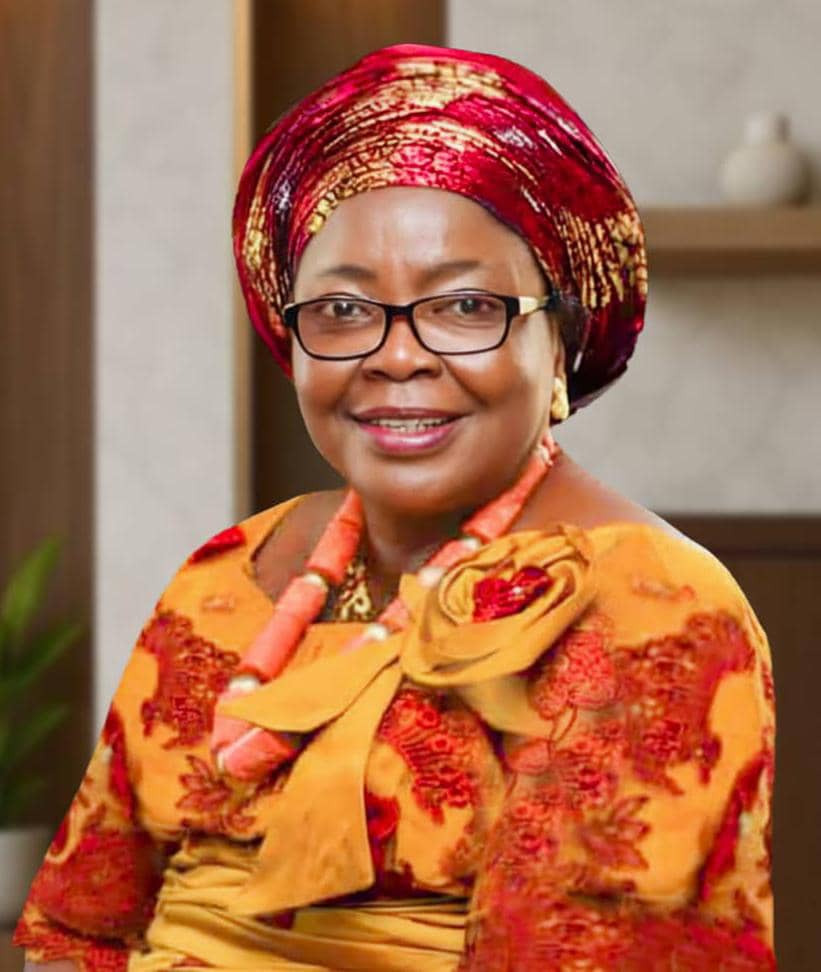DR ALVAN AZINNA IKOKU, An Iconic Educationist in Nigeria

Did you know that Dr. Alvan Ikoku, who features on the Nigerian ₦10 currency note, was the initiator of free education nationwide for government primary schools through an 'Education Bill of Rights' in 1962?
Alvan Azinna Ikoku, a Nigerian educationist, statesman, activist and politician, was born on August 1, 1900 in Amanagwu Arochukwu, present-day Abia State. He was named "Azinna" in the Igbo dialect because he was born after his father's passing. His mother was an Efik woman from Calabar, present-day Cross River State.
From 1911 to 1914, Ikoku was educated at the Arochukwu Government Primary School and from 1915 to 1920 he attended the Hope Waddell College, Calabar where he was a student under James Emmanuel Aggrey, an eminent Ghanaian educationist and was school mates with Sir Francis Akanu Ibiam (who became Governor of Eastern Region from December 1960 – January 1966 during the Nigerian First Republic) and Eyo Eyo Esua (a teacher and trade unionist at the helm of the Tafawa Balewa government's Federal Electoral Commission during Nigerian First Republic).
In 1920, Ikoku received his first teaching appointment with the Presbyterian Church of Nigeria and Church of Scotland at Itigidi and two years later he became a senior tutor at St. Paul's Teachers' Training College, Awka in Anambra State. While teaching at Awka, Ikoku earned his University of London degree in Philosophy in 1928, through its external programme.
In 1932, Ikoku established a Co-Educational Secondary School in West Africa: the Aggrey Memorial Secondary School, located in Arochukwu and named after his mentor James E.K. Aggrey.
In 1946, after several constitutional changes allowing more Nigerians in the legislative chambers, he was nominated to the Eastern Nigeria House of Assembly and assigned to the ministry of education. In 1947 he became part of the Legislative Council in Lagos as one of three representatives of the Eastern Region.
Ikoku fostered considerable government interest in the Nigeria Union of Teachers (NUT), becoming instrumental in the Legislative Council's acceptance of 44 NUT proposals amending various educational ordinances. He did encounter resistance through much of the 1950s, when the Colonial Government repeatedly rejected his NUT recommendations to introduce uniform education in Nigeria. After national independence, Ikoku and his union were vindicated, when their recommendations became the basis for education policy in the new nation.
In 1962, Ikoku called for an 'Education Bill of Rights' for primary school education to be free for six years nationwide in Nigeria. This was later accepted by the Federal Military Government as from 1976. Today, free education to all primary school has been granted.
Dr Ikoku remains a great icon in Nigerian academic and educational development and one of the most outstanding educationists ever had in Nigeria.
Upon retiring from government politics, Ikoku served on various educational bodies in the country. He was a member of the West African Educational Council (WAEC) and the Council of the University of Ibadan as well as Chairman, Board of Governors of the Aviation Training Centre.
Dr. Ikoku died on November 18, 1971. He was married to Goomsu, an Efik woman, and together they had six children: Samuel, Chimere, Ekanem, Gloria, Enyinna and Fide.
Honours for his contribution to education in Nigeria include an honorary Doctorate in Law (1965) at a special convocation of the University of Ibadan, the establishment of the Alvan Ikoku Federal College of Education; a major road, Alvan Ikoku Way, in Maitama, Abuja (Capital of Nigeria): his commemoration on a bill of Nigerian currency, the Ten Naira note; the Alvan Ikoku Federal College of Education, Owerri, was named after him, as well as campuses of tertiary institutions. Different states across the federation have also named streets and parks after him. He was also a recipient of the Order of the British Empire (OBE).
#penglobalbrandpersonality #AlvanIkoku



